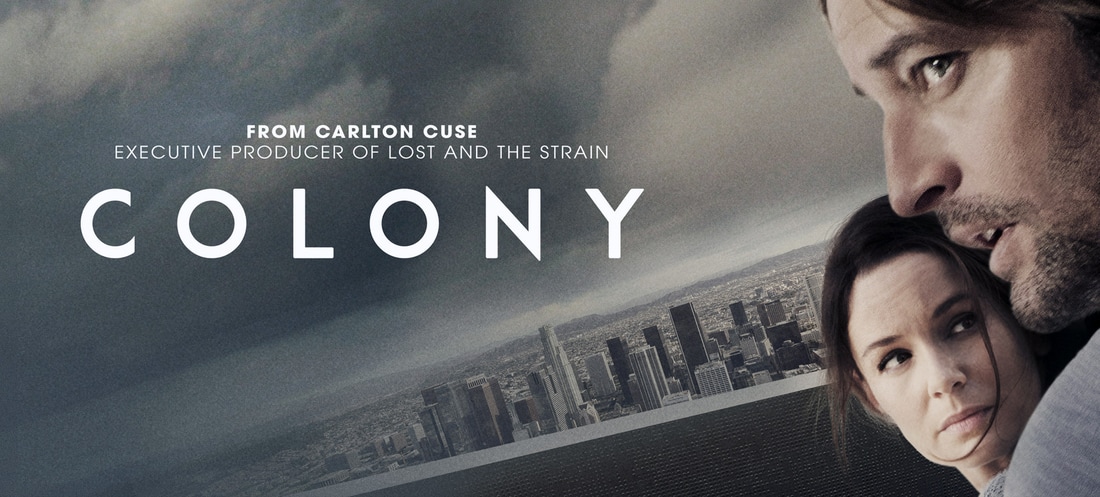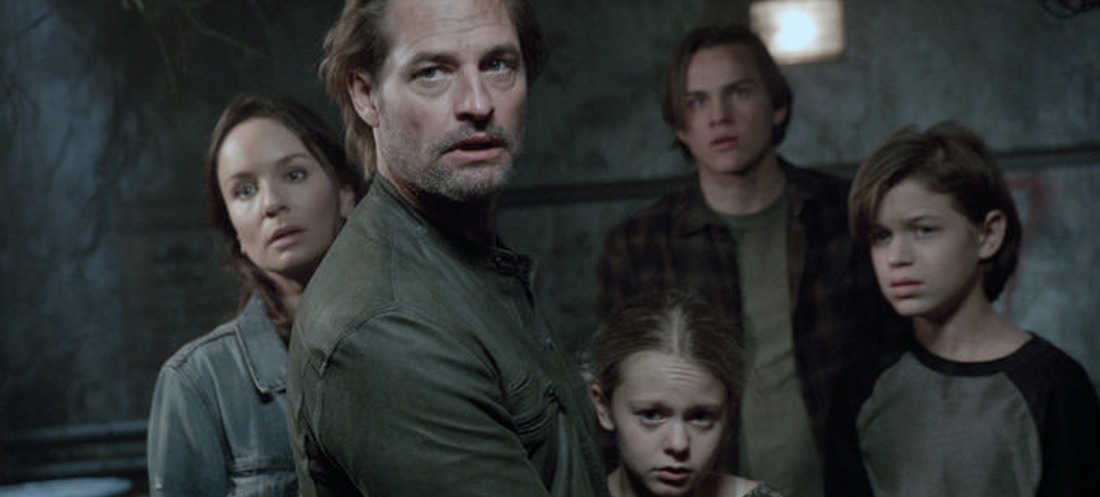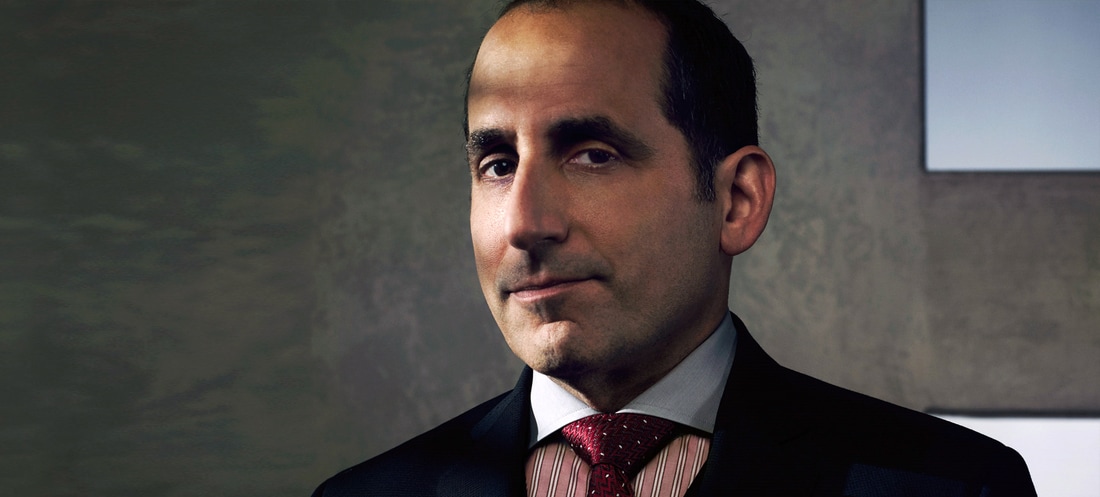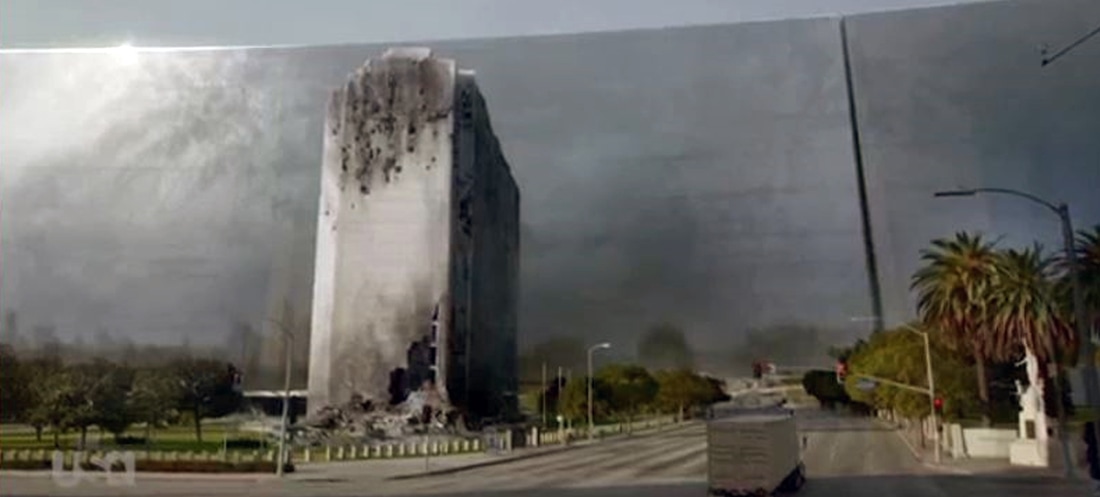For those caught unaware, let me explain: those island castaways second only in pop cultural relevance to Gilligan and his friends are Jack, Sawyer, Kate, and a veritable Greek tragedy of others and extras, and TV audiences were captivated with their collective adventures for most of six mystery-fueled seasons. Though Lost was created by JJ Abrams, Jeffrey Lieber, and the creatively-challenged Damon Lindelof, I’ve been led to understand that it was Cuse and Lindelof who were its central storytellers up through the program’s controversial finish. Both men have strongly dismissed any hullabaloo over that ending, claiming that it was never the countless unsolved mysteries spread across the show’s 121 episodes that interested the viewers but instead was its ‘characters.’ In their humble estimation (and I’m paraphrasing): “You didn’t care about what Kate knew and when she knew it; you cared about Kate.”
Ahem.
Sadly, it didn’t take a brain surgeon to diagnose that all of those unfortunate souls were going to end up dead in Lost’s big finish (we can split hairs all you like, but “dead is dead” when you’re waiting for your friends to show up in whatever Heavenly ‘construct’ you’ve gathered in the Afterlife to share); and die-hard fans were understandably infuriated. Of course, the fact that both Cuse and Lindelof had spent the better part of those six seasons denying that Lost would all wrap up with these characters we cared (oh!) so much about being deceased didn’t help matters much, but even today they persist with a petulant “it’s not me, it’s you” attitude if and when the subject comes up. (This isn’t a reflection upon the quality of the finale, though I’ll admit to being disappointed; it’s only meant as a response upon how that franchise ended so far as its showrunners and fandom matter.)
A season or two after Lost, Cuse found critical success again with Bates Motel on the A&E Network. Meant to be a kinda/sorta prequel to Alfred Hitchcock’s seminal Psycho (1960), Bates focused on the dangerously out-of-the-norm relationship between whacky young Norman and his wackier mother Norma. My wife and I hung with the show long enough to realize that Cuse and his merry band of writers gave the lovely and idyllic White Pine Bay – the show’s fictional setting – more behind-the-scenes skullduggery than you’d find in a typical block of Tiajuana. Our two cents? You remove what made the original Psycho special when you populate its backdrop with an entire citizenry capable of the Norma/Norman dynamic, and that just didn’t interest us.
Along for the ride is a talented cast, and that helps make the occasionally mushy meal go down a bit easier. Josh Holloway leads as the hunky Will Bowman, a former soldier who briefly finds a job amongst the ruling elite only to use it for his own purposes. Fresh from The Walking Dead Sarah Wayne Callies shines as his wife, Katie, who fights to keep her identity as a member of Earth’s resistance from her family. TV staples like Amanda Righetti, Adrian Pasdar, and Ally Walker fill out supporting roles, and each one of them acts with varying degrees of deceit largely for no purpose other than staying alive. The real breakout (so far as this watcher is concerned) is Peter Jacobson; his constantly duplicitous Alan Snyder keeps finding ways to make others trust him even though he’s arguably the entire casts’ worst enemy. His is a great centerpiece around which all else good or bad intersects; whether that was creatively intended matters not when its delivered so winningly by Jacobson.
Like most first seasons, Colony spent a great deal of time introducing these characters and what remains of our world: major cities have been walled off by the aliens (presumably), and their citizens have been separated into different classes. Some folks share in leadership roles, some are black-garbed soldiers enforcing alien decree, while others are left to carve out a life for themselves with what remains. Still others have vanished to a secret location known only as ‘The Factory’; it’s unclear what purpose the place serves, exactly where it is, and whether it produces anything … though with a name like ‘The Factory’ I’m suspecting it isn’t iPhones. Largely, day-to-day civilization is made up of different resistance cells, none of which appear to have any defined purpose much less a willingness to cooperate with one another. Frankly, it’s all a bit nebulous, and I suppose that’s by design.
Still, that first roster of episodes gave Will Bowman a singular resolution: keep the family safe.
Much like Lost, Colony suffers greatly from its preponderance with mystery. Each successive episode seems content to add yet one more layer to a story already dense enough for ten onions. Nothing is ever given quite clear definition, and – by doing so – lines are blurred by a seemingly endless array of guest characters who come in and go out the show’s revolving fantasy door. These faces serve no real purpose, none other than what they accomplish briefly on screen; and then they vanish into the ether (or until they’re resurrected a broadcast hour or two later). As I said above, who these aliens are much less what they want has never been discussed in any depth nor even hinted at; you’d think that these characters would occasionally question one another about their shared circumstance, but instead they’ve apparently accepted their lot in life (or in this week’s script) and simply go about the task at hand. Much like the audience, they’re expected to suspend disbelief all for the sake of playing along.
Much like Lost, Colony only grows more confusing, the end result of piling mystery upon mystery upon mystery. And, like bad magicians, Cuse and his stable of writers ask the audience to watch “over here” as nothing of substance (i.e. plot development) is really going on “over there.” Instead, it looks like they’re crafting yet one more show where viewers are supposed to care more about characters than you are what’s really the point of it all; and I can’t help but wonder what cards they’re left to play with Season Three. (In case you missed it, it was recently reported that production for next year’s episodes is shifting from California to Vancouver; I suspect some talent might depart in the process, and that may not bode well for its future.)
But at some point, answers are deserved … a sentiment perhaps “lost” on the likes of Carlton Cuse.





 RSS Feed
RSS Feed